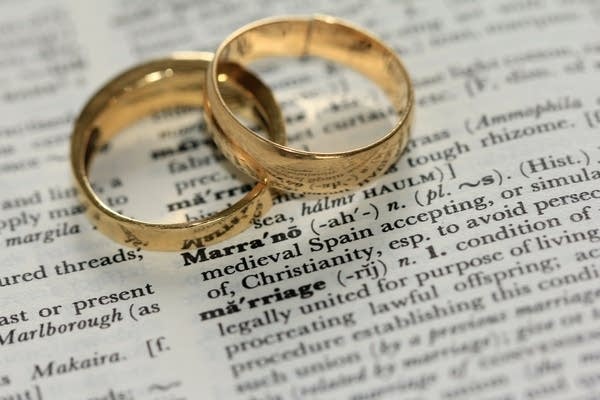By Dr Analise Magri – Junior Associate
Chapter 16 of the Laws of Malta, hereinafter referred to as the Civil Code, regulates the choice of surnames for spouses upon entering marriage as well as the choice of surnames for any children which are to be born subsequent to the marriage. At present, following remarkable amendments which entered into force in 2020 by means of amendment act number LXV of 2020, article 4 (1) of the Civil Code now provides various options to both spouses who wish to depart from the so to say “traditional” practice of having one and the same surname for both spouses and children.
In order to illustrate such options in an easily comprehensible manner, let’s take an example of two spouses with the following surnames: Spouse A: Borg and Spouse B: Vella.
The first option available to Spouse A and Spouse B upon entering marriage is the choice of adopting either of their surnames for both of them; practically meaning that Spouse A and Spouse B may decide for both to go by either the surname Borg or otherwise by the surname Vella.
The second option which Spouse A and Spouse B might decide to adopt involves the joining of both their surnames in their own order of preference, which double-barrelled surname would be the surname of both spouses as well as that of any children born thereafter. Therefore, in our scenario, Spouse A and Spouse B may both adopt the surname Borg Vella, or otherwise Vella Borg.
When both spouses fail to agree on a common surname for both of them in accordance with the aforementioned options, the subsequent three choices are available to either one of the spouses.
Either of the spouses may decide to adopt the surname of the other spouse, after which that particular spouse may add his or her surname. Keeping with Spouse A and Spouse B as our examples, in this scenario, Spouse A may decide to retain the surname Borg, whilst Spouse B deciding to adopt a double-barrelled surname of Borg Vella. This can also work the other way around with Spouse A deciding on the latter surname option of Vella Borg, and Spouse B retaining the surname Vella.
Another option similar to the one in the afore involves one spouse retaining his/her own surname following which the surname of the other spouse may be added. In our example this would mean that whilst Spouse A retains the surname Borg, Spouse B decides to adopt the double-barrelled surname Vella Borg. This can also work the other way round, with Spouse B retaining the surname Vella, and Spouse A adopting a double barrelled surname Borg Vella.
The last available option is quite straight forward wherein both spouses retain their own surnames. In such an example Spouse A retaining the surname Borg and Spouse B retaining the surname Vella.
In all three of these scenarios, the spouses would hold different surnames from one another. Therefore, what will happen to the children born from this wed-lock? Which surname would they come to adopt?
In these circumstances, upon their marriage or union, the spouses would have to determine a family-name which would be used for the spouses’ children. Determining such a family name would have to be in line with either of the first two options delineated in article 4 (1), meaning that the spouses would have to choose either one of their surnames (prior to their marriage or union) to be the family-name, or otherwise to choose a double-barrelled surname, in whichever order they prefer, to be the surname to be adopted by any descendants. In our situation, Spouse A and Spouse B hold the following choices: either choosing the surname Borg or the surname Vella as the ‘family-name’ or otherwise the double-barrelled surnames Borg Vella or Vella Borg as the family-name.
One must also keep in mind that in either of all the available options discussed, the combination of the spouses’ surnames shall not result in a surname which is longer than the combination of four surnames and when the surname of any one or both of the spouses already has a combination of two or more surnames, the order of the surname of that spouse shall be retained, and the spouses shall not change such order and, or drop any part of their own surname.
The provisions of this article are not limitedly applicable to those spouses who marry or enter into union after the 29th of December 2020, but shall also be applicable to those spouses who married in Malta before such date provided that any changes that they might wish to make to their surnames are affected by the 29th of December 2025.
